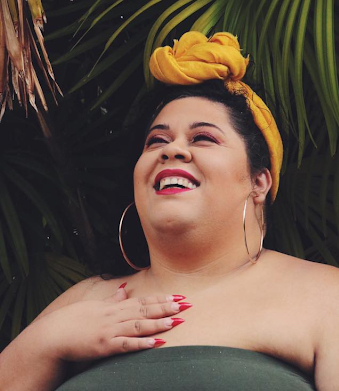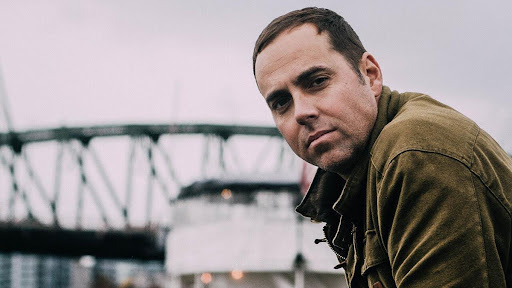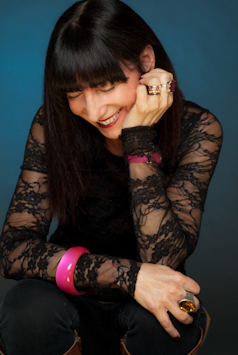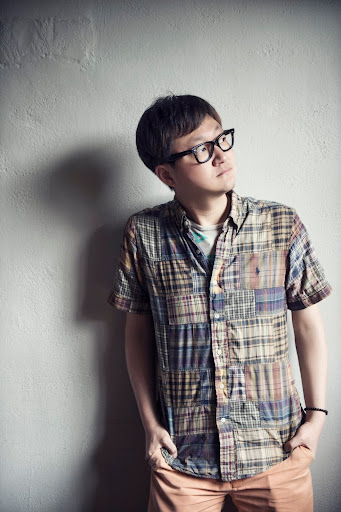Get Lit's Poetic Convergence is an annual convention of educators, student leaders, arts champions, and poetic giants. Enjoy a full day of workshops, panels, and breakout sessions to forge and strengthen bonds between students, teachers, schools, and communities.
where & when
SATURDAY, OCTOBER 25, 2025
8:30 - 5 PMTHE WENDE MUSEUM
10808 Culver BlvdCulver City, CA 90230
SCHEDULE
8:30-9:30 // Breakfast9:30-10:30 // Welcome & Keynote by International Scholar Oh Eun (Courtesy of the Korean Cultural Center Los Angeles)10:40-11:40 // Breakout Workshops: Derrick C. Brown, Kim Dower, Staff or Oh Eun11:40-12:20 // Lunch12:20-1:20 // Afternoon Keynote with Yesika Salgado1:30-2:30 // Breakout Workshops: Educators and Students Track2:40-3:00 // Closing Circle with Brian Sonia-Wallace
3:30-5:00 // (Optional) Mixer at Public School in Downtown Culver
Yesika Salgado


Derrick C. Brown
Derrick C. Brown is the author of ten books of poetry and four children's books, a Texas Book of the Year Award winner, President of Write Bloody Publishing, and the guy who's helped thousands of poets go from "stuck and frustrated" to "published and performing." He’s launched the award-winning poetry books of Andrea Gibson, Megan Falley, Sarah Kay, Franny Choi, Clint Smith, Anis Mojgani and more. The New York Times celebrates his work as "a rekindling of faith in the weird, hilarious, shocking, beautiful power of words," capturing his unique ability blend comedy and poetry. He used to be a paratrooper for the 82nd Airborne, but finds writing to be more fun.
Kim (Freilich) Dower


Oh Eun
Born in 1982 in Jeongeup, Jeollabuk-do, Oh Eun graduated from Seoul National University with a degree in sociology and earned a master’s from KAIST’s Graduate School of Culture Technology. He began his literary career in 2002 through Contemporary Poetry(현대시). His poetry collections include The Pigs at Hotel Tassel(호텔 타셀의 돼지들), We Love the Atmosphere(우리는 분위기를 사랑해), From Being to Being(유에서 유), I Had a Name(나는 이름이 있었다), and The Pronoun for Nothingness(없음의 대명사). His essays include You and Me and Yellow(너랑 나랑 노랑) and Wearing Green(초록을 입고). He has received major literary awards and is part of the collective Jaknan(작란, 作亂).

Morning Keynote:
WHAT IT IS & WILL BE
As poets, we are often tasked with paying deep attention to the world and describing what we witness. But what do we do when witnessing the world starts to take a toll on us? What happens when we shift our attention to worlds that don’t (yet) exist? Franny discusses their journey into speculative poetry and how bringing elements of sci-fi and magical realism helped them start to explore what writer Toni Cade Bambara meant when she said: “The role of the artist is to make the revolution irresistible.”
Afternoon Workshop: WRITING SPECULATIVE POETRY
In this workshop, we will look at several examples of poems that imagine, propose, speculate, or wish for alternate worlds. We will experiment with the speculative mode, rewrite narratives, and try out some world-building in our poems. Come ready to play!
Lunchtime Keynote: TOWARD A POETICS OF INVESTIGATION AND DISCOVERY
Poetry—the poet Carl Phillips writes in his essay, Muscularity and Eros: On Syntax—is patterned language. Patterned language reveals patterns of thought, feeling, and behavior in an individual life. Can writing a poem help a poet more honestly understand their life? Can revising a poem help a poet change their life?
Using “Those Winter Sundays” by Robert Hayden and “How It Felt” by Sharon Olds, this talk will think through the poetics, and politics, of writing toward investigation and discovery. It will consider how a poem can produce new knowledge about human experience, and how a poem committed to radical freedom should, perhaps, begin with a question about human experience—a quest into unknown territory and the Territory of the Unknown.
Afternoon Workshop: TELL IT LIKE IT IS
While what we have heard is true—that we should "show" and "not tell"—sometimes we have to tell it like it is. In this generative writing workshop, we will read "Autobiography of Eve" by Ansel Elkins and define the "it" as the discovery the poet makes about the emotional or psychological landscape of their lived experience. We will look at how the act of discovery rather than the act of announcement must always be a priority in poetry, and we will see how fundamental elements of poetry—such as syntax, received form, and the image—can be used to show AND tell the discovery "like it is." Finally, we will write new poems that demonstrate what we will have learned together and hold a Q&A that invites any questions poets might have about their poems, poetry, and poetry writing.
Afternoon Workshop: THE POETICS OF SURPRISE
Truth and logic are important parts of narrative, but they're not the only way to move a poem forward. What happens when we let sound lead the way? What revelations might we find by allowing our senses to lead us through a poem? In this workshop we will practice writing in ways that delight and surprise us while writing--and hopefully, surprise and delight the reader, too.


